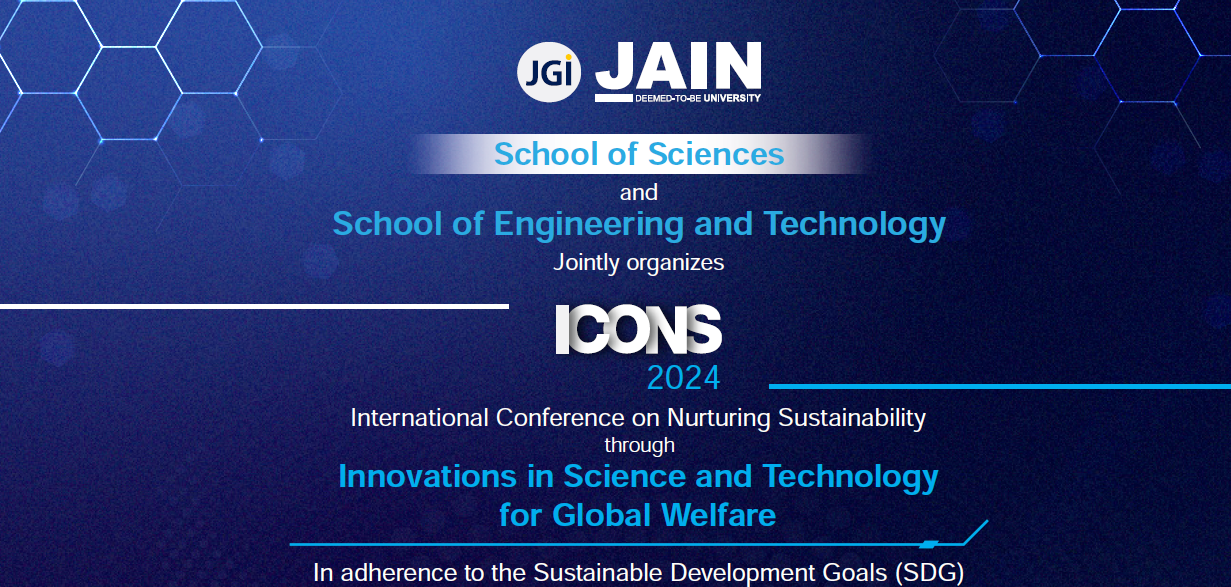Speaker
Description
Extracellular vesicles are a potentially useful tool for sustainable agriculture, offering chances to improve soil health and crop productivity in environmentally friendly farming methods. The potential exists for these membrane-bound nanoparticles, which are released by diverse organisms, to facilitate the delivery of vital nutrients, foster advantageous interactions with the microbiome, and lessen the ecological consequences of traditional farming practices. (Aliku, 2019) Recent studies have demonstrated the ability of extracellular vesicles to stimulate plant growth, improve nutrient uptake, and induce resistance against biotic and abiotic stresses (Dey et al., 2004) (Phour et al., 2020). Furthermore, the biosynthesis of nanoparticles using microorganisms is a green and cost-effective technology that can be leveraged for diverse agricultural applications. (Singh & Singh, 2019) Sustainable solutions that meet the increasing need for food production while protecting the environment can be developed by incorporating extracellular vesicles and microbial nanotechnology into precision farming techniques. This review explores the current understanding of extracellular vesicles in the context of eco-friendly farming and discusses the potential of this innovative technology to contribute to a more sustainable agricultural future.
Keywords: Extracellular vesicles, sustainable agriculture, eco-friendly farming, crop productivity, soil health, microbial nanotechnology, precision farming

